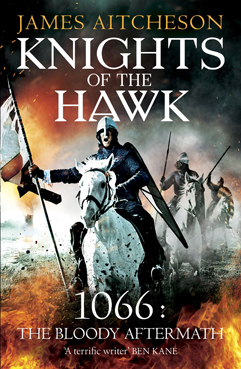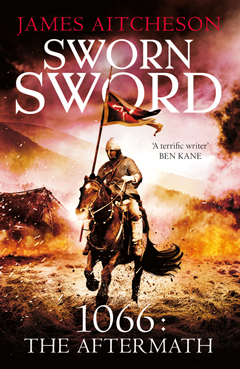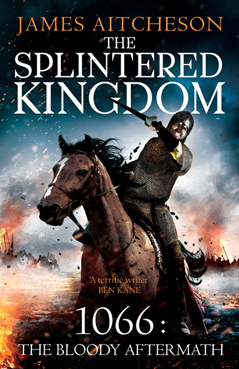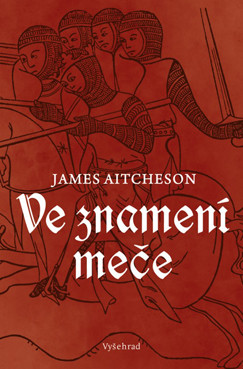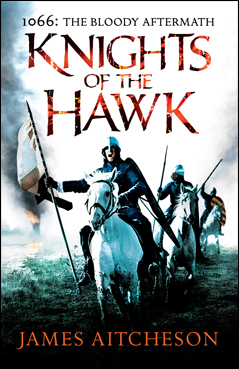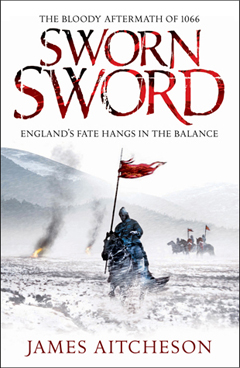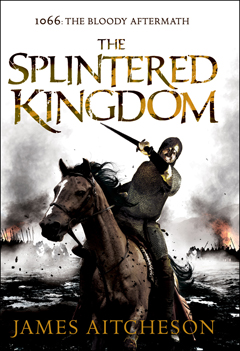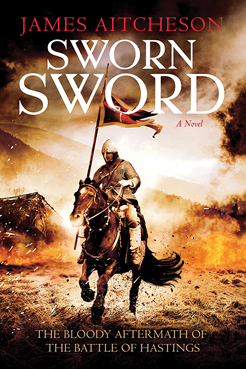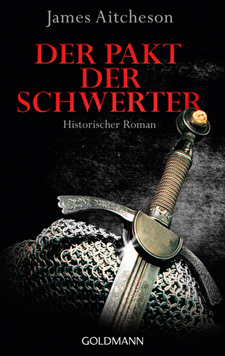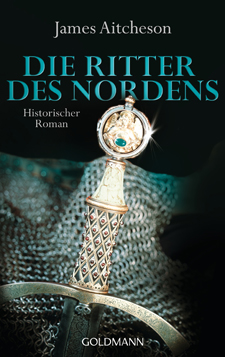Best books of 2016
With 2016 firmly behind us and January already almost half gone, it’s fair to say that my annual books roundup is long overdue. In this post, I’d like to share with you two of my favourite reads of the year, as well as a handful of other titles to which I’ve awarded honourable mentions.
As with my previous end-of-year reviews, I haven’t focussed exclusively on books that came out in the last twelve months, but have instead compiled a mix of older titles and new releases, across a variety of genres.
If you’ve enjoyed any of the titles below or would like to share your own favourite books of 2016, feel free to join in the discussion on Twitter (@JamesAitcheson) or on Facebook. You can also take a look back at my fiction and non-fiction picks of 2015 and 2014.
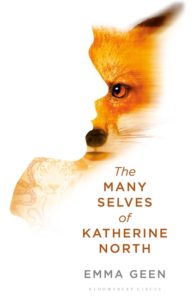 The Many Selves of Katherine North
The Many Selves of Katherine North
Emma Geen
Bloomsbury Circus, 368 pp., £14.99
Hardback
I first came across Emma Geen’s work as long ago as 2012, in ARC, a collection of new writing by the 2010-11 cohort of MA in Creative Writing graduates at Bath Spa University. I was instantly captivated by her accomplished prose, and ever since then I’ve been eagerly looking forward to the publication of her debut novel, which is now out in both the UK and the US.
The eponymous heroine, Katherine (Kit for short), is a phenomenaut: one of a select group of teenagers who project their consciousnesses into lab-grown animal bodies – Ressies – in order to carry out ecological research. At 19 years old, Kit is the most experienced and most valued phenomenaut working for Shen Corporation, but after a traumatic incident in one of her jumps as an urban fox, her psychological condition and her readiness for the job is cast into doubt. Withdrawn from research duty and drafted into Shen’s experimental new consumer-oriented programme, she soon begins to call into question the ethics of her paymasters.
A complex and deftly crafted pscyhological thriller that plays upon many of the tropes of speculative fiction, The Many Selves of Katherine North is a sophisticated exploration of – among other things – the nature of consciousness, the concept of self, the exploitation of our natural environment, and the ethics of child labour. As a phenomenaut, Kit has had to sacrifice much of her adolescence in order to pursue her passion, affecting her physical and her social well-being alike. As the novel progresses and she begins to suspect her role as a pawn in the games of others, she becomes ever more uncertain of her identity and place in the world, not to mention her sanity.
Geen’s prose throughout is taut and considered, and yet retains an earthy, sensual quality entirely in keeping with the novel’s themes, while the flitting between past and present lends a feeling of perennial dislocation that helps communicate Kit’s developing paranoia and fragile mental state. Original and inventive, this is a superlative first novel by a gifted writer: without a doubt one of my favourite books of the year, and one that I’m sure I’ll have great pleasure in re-reading very soon.
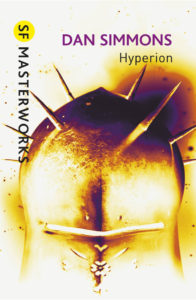 Hyperion
Hyperion
Dan Simmons
Gollancz, 496 pp., £9.99
Paperback
Shortly after I finished working on the final edits for The Harrowing, I stumbled upon this excellent novel – winner of the 1990 Hugo Award for Best Novel and now part of the SF Masterworks collection, published by Gollancz.
Centuries in the future, humanity has colonised the stars, but civilisation in the form of the Hegemony is under threat, both from the machinations of their AI allies within and from invasion by the barbarian Ousters. With war looming, seven pilgrims are selected to travel to the planet Hyperion and to seek out and appeal to the mysterious, dangerous, demigod-like entity known as the Shrike, in the hope that it might come to the Hegemony’s aid. All of them come from different walks of life, with seemingly little in common.
The book can perhaps be most concisely described as The Canterbury Tales in space, made up as it is of several shorter stories, narrated by each of the pilgrims in turn as they pass the time during their long journey. Having recently finished my own multi-viewpoint novel, also inspired in part by Chaucer, I found myself straightaway absorbed by the concept behind Hyperion and eager to see how Simmons managed to weave the many strands of his novel together.
Each thought-provoking tale offers a different perspective on the culture and history of this richly imagined future society, and each is unique in voice and in the themes it explores. One tale is a horror; another is a romance; a third is a war story and a fourth is a tragedy. To flit between genres so readily and with such panache is far from easy, and is testament to Simmons’ skill and flexibility as a writer.
Not simply an excellent SF novel, Hyperion is also a glorious, genre-spanning feat of literature that fully deserves its many accolades. A TV adaption is reportedly in the works, and there are no fewer than three sequels, although the first volume stands well enough on its own. A magical, compelling read.
Also recommended:
- Nobel Prize-winner Gabriel García Márquez’s colourful One Hundred Years of Solitude, a magical realist tale of the fortunes of the Buendía family over seven generations;
- Tom Wolfe’s The Right Stuff, a non-fiction novel – one of my all-time favourites – charting the early years of NASA through the stories of the post-war test pilots and the Project Mercury astronauts;
- The Edible Woman, Margaret Atwood’s first published novel, written over 50 years ago and full of her characteristic wit and energy;
- A little-known yet exceptional collection of early short stories by Road Dahl, Over to You, based on his flying experiences during the Second World War.








